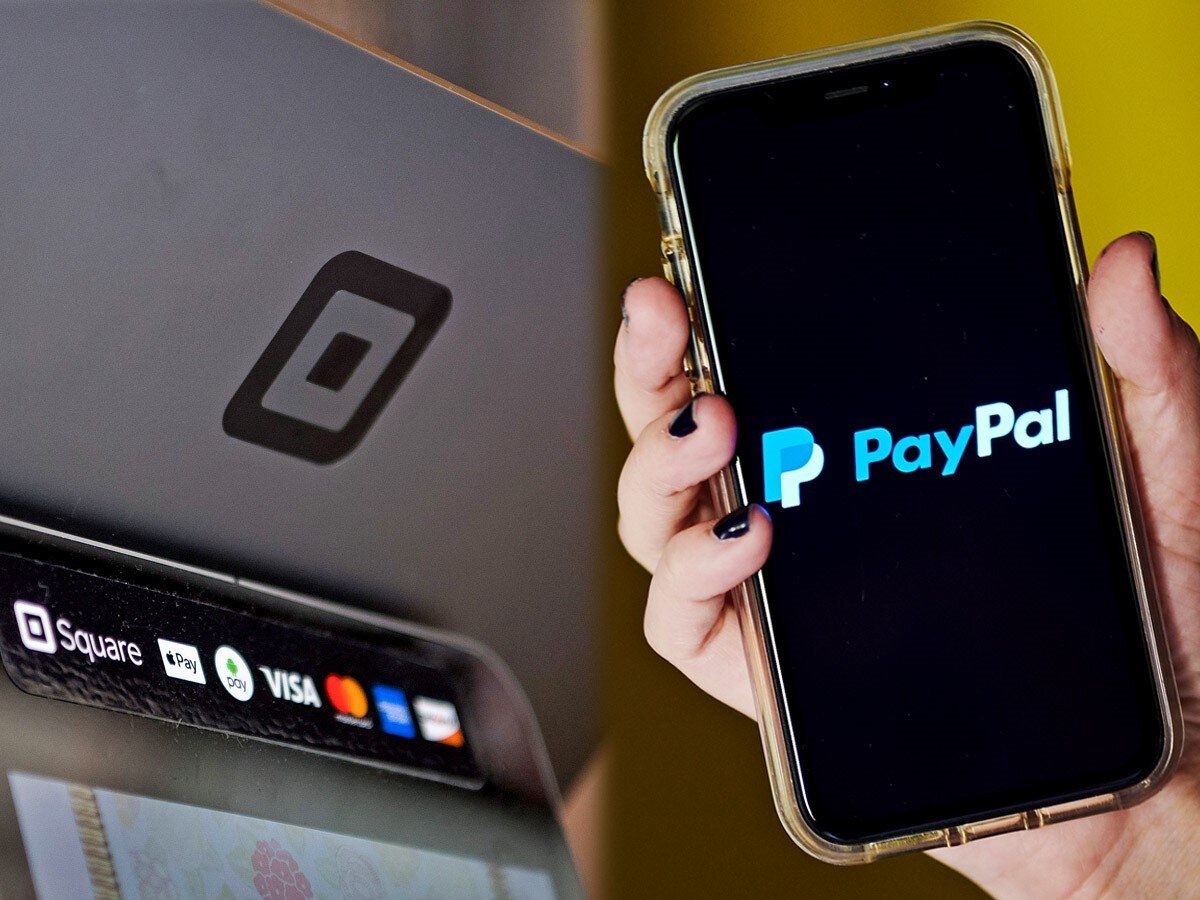Year-to-date, Paypal’s [PYPL] share price is up 88.5% and Square’s [SQ] share price has soared a whopping 175.9% as of 22 October’s close. Although both stocks dropped to 52-week lows during the market sell-off back in March, they’ve rallied since. Both PayPal’s share price and Square’s share price have also recovered the gains they lost as a result of the market correction in September.
On 15 October, Square’s share price traded at its highest-ever level, closing at $188.60. Meanwhile, PayPal’s share price hit a new all-time high on 21 October, when it closed at $213.07. This came on the back of the company’s announcement that it is launching its own cryptocurrency service.
Earnings success
The companies’ most recent quarterly earnings showed a significant uptick in new users using their platforms and apps, with a much larger volume of payments being processed. This has resulted in an uptick for both PayPal’s share price and Square’s share price.
During the three months to the end of June, PayPal’s share price was seeing payment activity at a level that usually only occurs in the five days between Thanksgiving, in late November, and Cyber Monday.
Such was the demand, the company added 21.3 million new users in 2020’s second quarter, taking the total number of active accounts across its platforms and apps to 346 million.
In total, the company handled $222bn in payment volume in Q2, up 29% year-over-year from $172bn. Transactions processed totalled 3.7 billion, equating to 39.2 transactions per active account, according to the company’s report.
$222billion
Payment volume handled by PayPal in Q2 2020
PayPal’s Venmo business saw particularly strong growth, recording its best quarter to-date. The app, which allows users to instantly send each other money, handled $37bn of payments, an increase of 52% year-over-year — to put this in context, Venmo’s total payment volume for 2018 was $62bn and $102bn for 2019, according to data from app industry insight website Business of Apps.
Venmo now boasts more than 60 million active accounts, up from around 40 million users in the year-ago quarter. PayPal’s total revenue was up 25% at $5.26bn.
Square’s share price cashes in
Venmo’s numbers would be impressive if it weren’t for the slightly more outstanding performance of Square’s peer-to-peer competitor, Cash App.
The platform was a driving force behind the company’s recent Q2 2020 earnings beat. While Square’s total payment volume dropped 15% year-over-year, online payments, including those made using Cash App, were up 50% year-over-year.
Online accounted for around 25% of all sales, up 14% from the year-ago quarter. Gross profit from Cash App was up 167% to $281m and the number of active users was up by a quarter to 30 million. The app, which can also be used to buy and sell bitcoin, generated $1.20bn in revenue, which was a phenomenal year-over-year increase of 361%, and it accounted for 63% of Square’s total revenue of $1.9bn, which itself was a 64% increase on Q2 2019’s total revenue.
361%
Year-over-year increase of Square's Cash App revenue
The only caveat flagged in the quarterly report was the declining number of transactions being made at payment terminals used by small businesses and retailers.
The reason being, of course, that stores were shuttered during lockdowns and while some have reopened, others have been forced to close permanently. This was reflected in the total payment volume handled in the three months to the end of June, which dropped by 15% year-over-year.
Further profits growth?
With more businesses making the transition to ecommerce, any impact lower bricks-and-mortar sales have on Square should only be near-term.
Jed Kelly, analyst with Oppenheimer, says that Square can continue to grow its payment volume significantly as more merchants look to digitise their sales, according to Barron’s. Kelly estimates the company’s addressable market to be $160bn, and has forecast profits from Cash App to rise from $1bn in 2020 to $2.5bn in 2022.
Kelly upgraded his rating for Square to outperform, with a price target of $185.
As for PayPal, Bryan Keane, analyst with Deutsche Bank, argues the company “could actually show accelerating trends through the [Q3 2020] quarter and sustainable higher long-term growth” from an acceleration in new sign-ups.
“could actually show accelerating trends through the (Q3 2020) quarter and sustainable higher long-term growth” - Bryan Keane, analyst at Deutsche
He put the boom in user growth down to older generations coming round to the idea of using digital payments rather than cash. He added that the company should benefit further from the recently launched Venmo credit card, reported Barron’s.
Keane reiterated a Buy rating for PayPal, with a price target of $234.
Disclaimer Past performance is not a reliable indicator of future results.
CMC Markets is an execution-only service provider. The material (whether or not it states any opinions) is for general information purposes only, and does not take into account your personal circumstances or objectives. Nothing in this material is (or should be considered to be) financial, investment or other advice on which reliance should be placed. No opinion given in the material constitutes a recommendation by CMC Markets or the author that any particular investment, security, transaction or investment strategy is suitable for any specific person.
The material has not been prepared in accordance with legal requirements designed to promote the independence of investment research. Although we are not specifically prevented from dealing before providing this material, we do not seek to take advantage of the material prior to its dissemination.
CMC Markets does not endorse or offer opinion on the trading strategies used by the author. Their trading strategies do not guarantee any return and CMC Markets shall not be held responsible for any loss that you may incur, either directly or indirectly, arising from any investment based on any information contained herein.
*Tax treatment depends on individual circumstances and can change or may differ in a jurisdiction other than the UK.
Continue reading for FREE
- Includes free newsletter updates, unsubscribe anytime. Privacy policy





